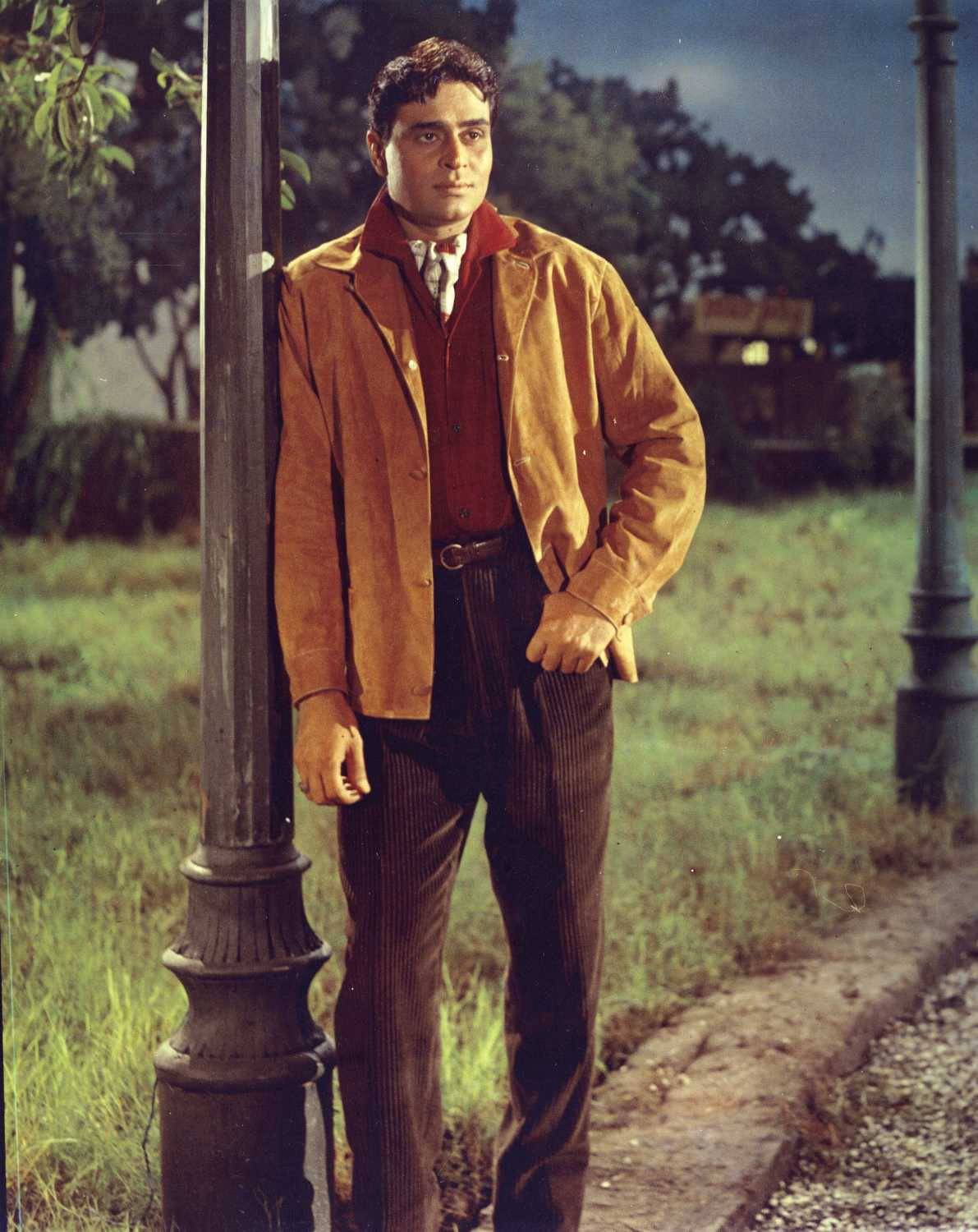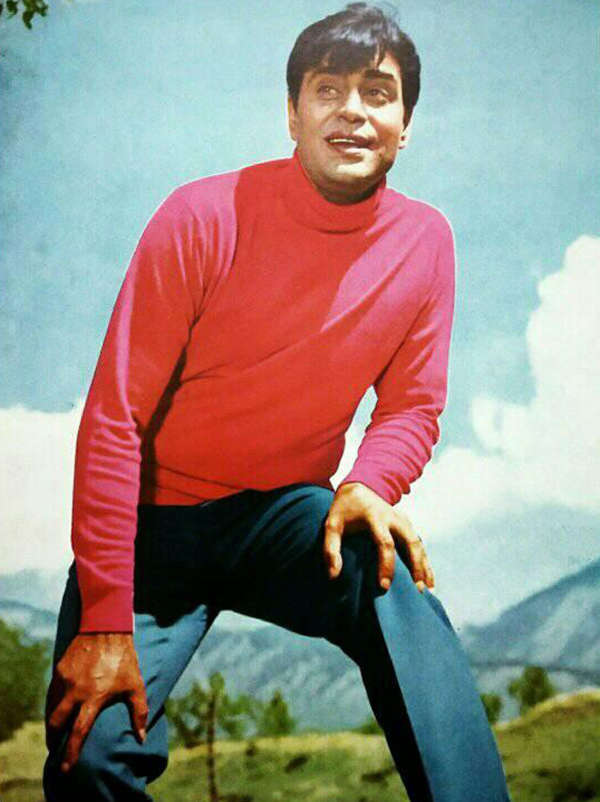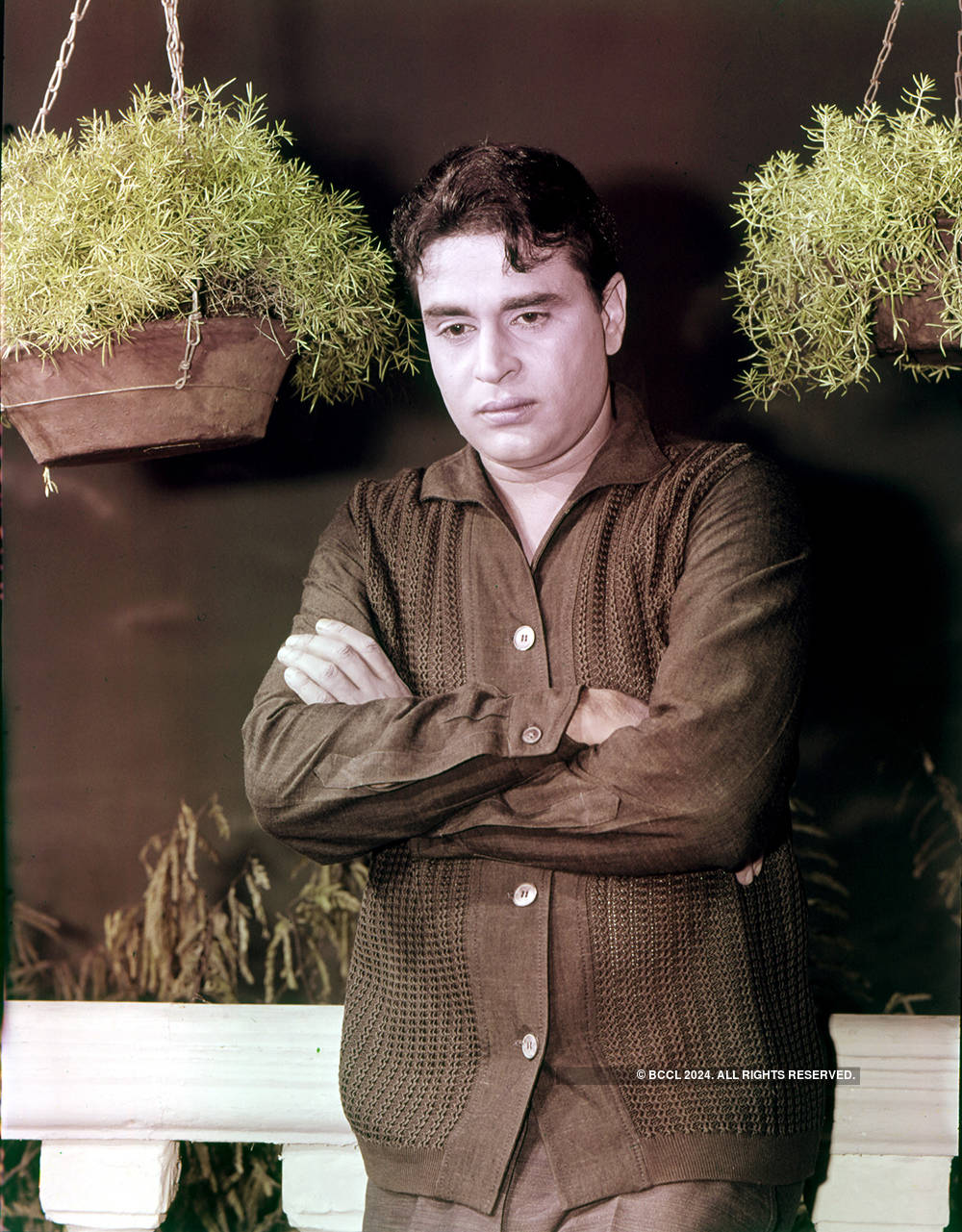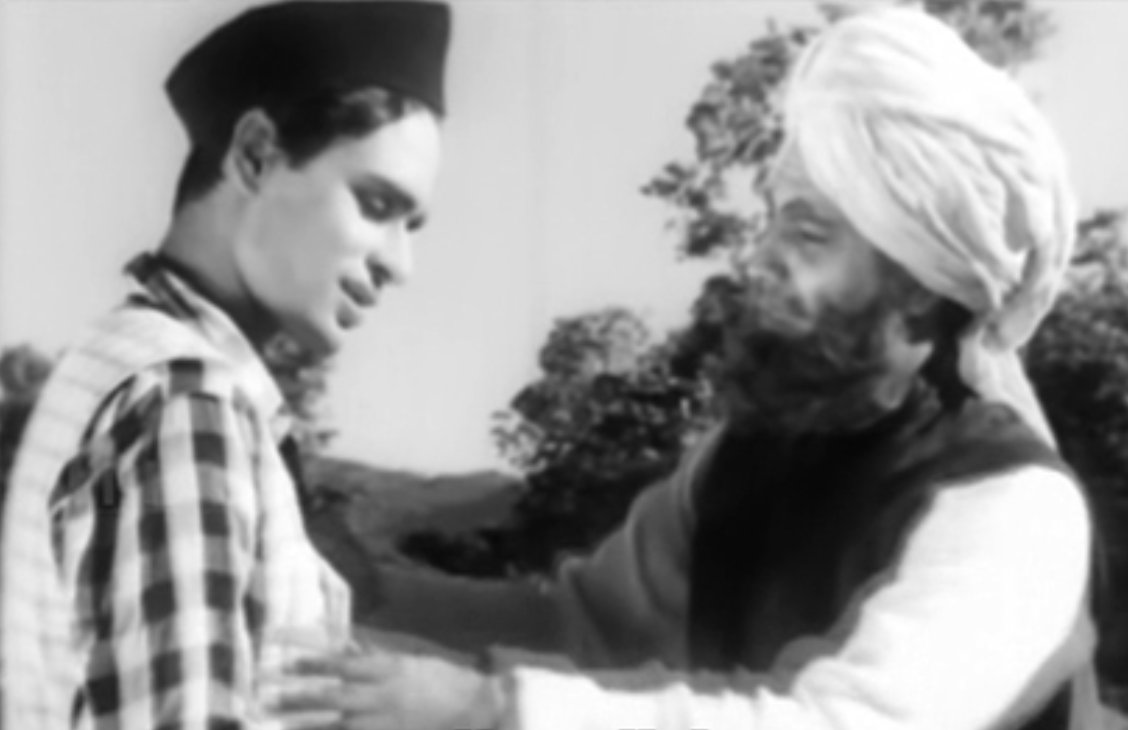
Rajendra Kumar was known as 'Jubilee Kumar' who starred in several Hindi movies that were silver jubilee hits in the 1960s. To name a few—'Dil Ek Mandir' (1963), 'Ayee Milan Ki Bela' (1964), 'Sangam' (1964) and 'Arzoo' (1965) put him on the pedestal of Hindi cinema. The actor had the knack of understanding the audience as he played the good son, good husband, good doctor that touched millions of hearts. Apart from his handsome features, Rajendra Kumar had a charming personality. The actor worked in over 150 movies in six decades. Rajendra Kumar was nominated for Filmfare Award for Best Actor for three consecutive years in 1964, 1965 and 1966. In 1965, he was nominated for the Filmfare Award for Best Actor and Filmfare Award for Best Supporting Actor. He was honoured with the Padma Shri Award in 1969. Kumar was also conferred with Justice of Peace honour and served as Honorary Magistrate. The actor was awarded the National Honour by the late Pt. Jawaharlal Nehru simultaneously for 'Kanoon' (1960) and Gujarati movie 'Mehndi Rang Lagyo'(1960). Kumar received a special Lal Bahadur Shastri National Award and was associated with several charity schemes.
In This Pic : Rajendra Kumar, goldenframes
Read More
Rajendra Kumar was born into a wealthy family in Sankhatra, Sialkot, Pakistan. The actor's grandfather Chajuram Tuli was one of the richest men in town who was a successful military contractor. And his father, Laxshmichand Tuli, had a textile business in Karachi, Sindh, Pakistan.
In This Pic : Rajendra Kumar, goldenframes
Read More
Even as a child, Kumar was inclined towards cinema. He would cut classes to watch movies. After he completed his matriculation, the actor went to Hailey College of Commerce in Lahore, Pakistan. In his second year of college, his family was forced to leave during the India-Pakistan partition in 1947. They had to leave everything behind except the clothes on their back. Like many others, crossing over was brutal. Rajendra's family gave up on his younger brother as dead and dumped him on the banks of the Ravi. But Kumar was not ready to give up on his brother. He rushed back and carried him in his arms. Luckily, the child survived.
In This Pic : Rajendra Kumar, goldenframes
Pic Courtesy : BCCL
Read More
Kumar, who was destined to take over his family business, now had an option to try his luck in Hindi cinema. The family had moved to Delhi, where the actor was offered a job as a sub-inspector. Kumar's father set up a cloth shop as it was the only business the family was familiar with after leaving behind all the land and properties in Pakistan. Rajendra left for Mumbai to pursue his dreams. He was staying with his friend Raaj Kumar in Mumbai until things went sour between them. The actor landed up sleeping on the footpath.
In This Pic : Rajendra Kumar, Raaj Kumar, goldenframes
Read More
Like every cloud has a silver lining, Kumar's cousin Shyam Behl was the lining he needed. Shyam wrote to him a letter saying that he had met lyricist, Rajinder Krishnan. The actor wasted no time meeting Krishnan at Famous Studios along with the letter his cousin wrote to him. Rajendra Kumar was offered odd jobs, one of them included making fair copies of the dialogues as he was fluent in Urdu for the lyricist Krishnan. Rajendra Kumar started his career as an assistant director to H.S. Rawail, with him the actor worked as assistant director in seven movies—'Patanga' (1949), 'Sagai' (1951), 'Saqi' (1952), 'Shagufa' (1953), 'Lehren' (1953), 'Pocketmar' (1956) and 'Mastana' (1954).
(Photo: Still from the movie 'Patanga')

